al-Samou’ municipality in Hebron removed an iron gate in the Wadi al-Qatfa area, west of the town.
al-Samou’ municipality in Hebron removed an iron gate in the Wadi al-Qatfa area, west of the town.
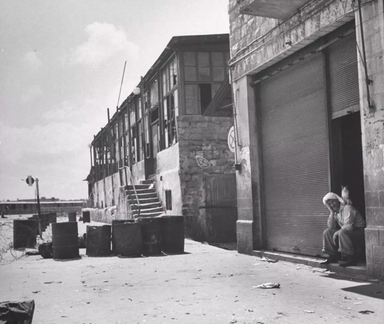
Reflections on our newest endeavor, The Call, and the need for clarity within the movement for Palestinian liberation.
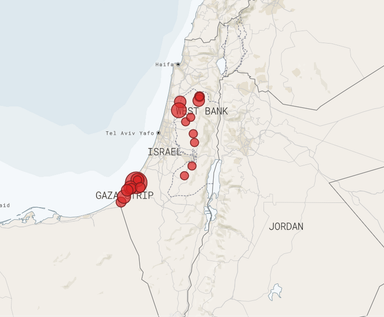
A tribute to the hundreds of Palestinian martyrs of November 19th
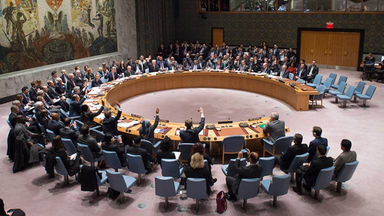
The passing of such resolutions formalizes what Palestinians have known for generations.
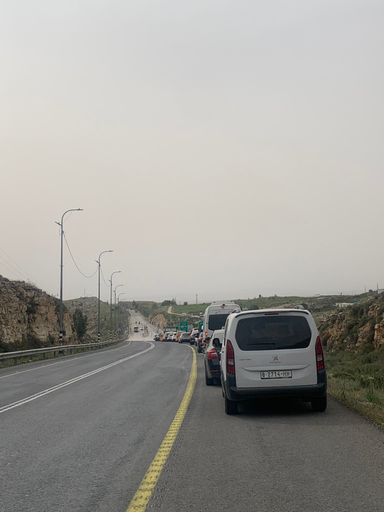
My way of life has required me to be constantly on the move, almost daily, for the past four and a half years.
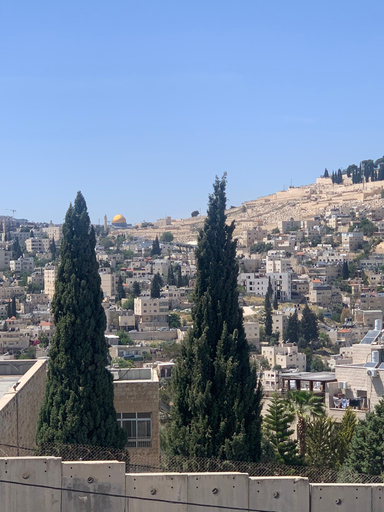
A short article on the intersections between settler colonialism and capital in Jerusalem.
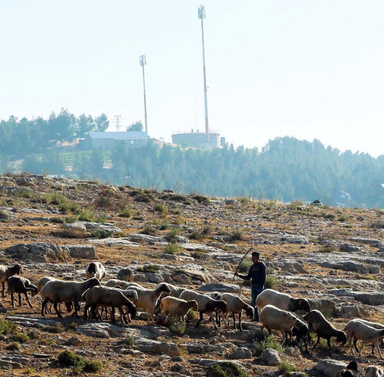
An insight into some of the lesser known dynamics underpinning liberal and zionist protective presence organizations in Palestine.
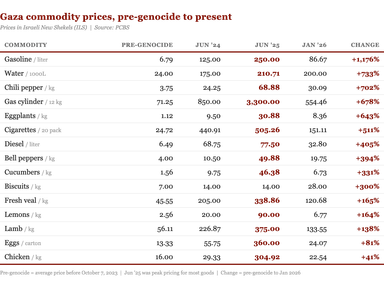
Gaza's commodity data reveals that Israeli prefers to wage war at the border, not the frontlines
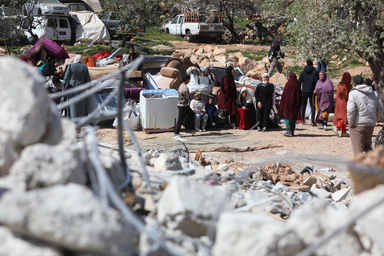
How broader zionist movement — from the liberals to the right-wing — are annexing the West Bank
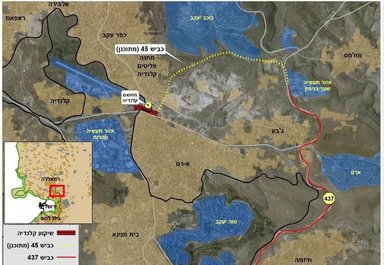
Projections for 2026 are alarming: At the current pace, this year Israel is on track to execute 691 military operations and administrative demolitions. If this current trajectory holds, this will displace more than 3,300 people and destroy over 2,200 structures.
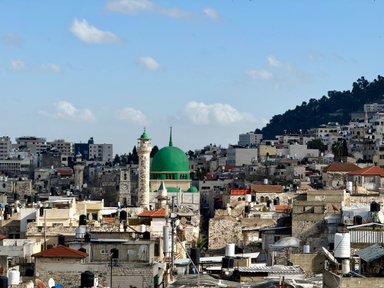
Join our new newsletter/blog
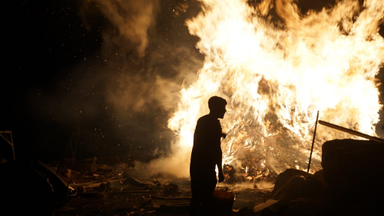
Large-scale Israeli military operations have expanded beyond the northern West Bank into the central and southern governorates, including Qalandiya refugee camp and Kafr Aqab in Jerusalem governorate. According to the Palestinian Negotiations Affairs Department, in the first 35 days of 2026, Israeli forces carried out 1,723 military invasions and 985 arrests in the West Bank. This pace is slightly higher than 2025, when forces averaged 48 invasions and 28 arrests per day across the full year.
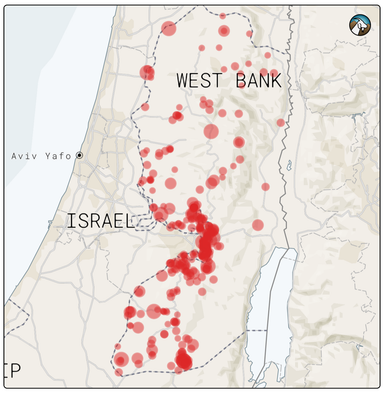
The daily average remains grim — approximately 1.5 demolition operations per day, displacing roughly 6 people and destroying 4 to 5 structures every 24 hours. These figures are ONLY for the West Bank and East Jerusalem, and omit the destruction across Gaza and Palestinian homes inside of 1948 Palestine
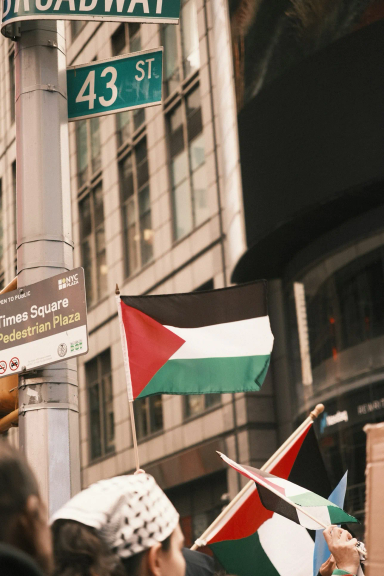
Much of our everyday opposition to Zionism focuses on delegitimization within immediate spaces. This includes boycotts, disruptions, efforts to sever academic partnerships, and challenges to cultural normalization. These actions matter as they interrupt complicity and fracture consensus. Yet they are not the full struggle.
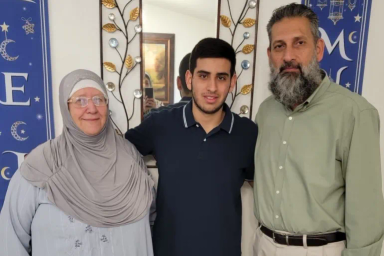
According to the data drawn from the Attacks on Health Care in Countries in Conflict (SHCC) Data, Israeli attacks resulted in at least 102 health workers killed, dozens more injured, and countless ambulances damaged or destroyed in 2025. The data reveal a systematic pattern of violence that has devastated Gaza’s healthcare system (which is the goal) while simultaneously restricting Palestinian access to medical care in the West Bank.
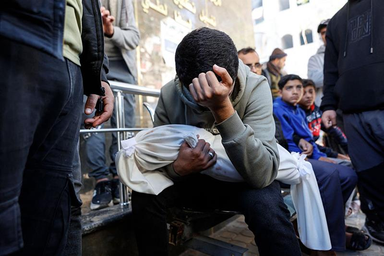
A critical reminder that zionism functions as an extension of western imperialism.
Looking for something specific? Head to our search page.